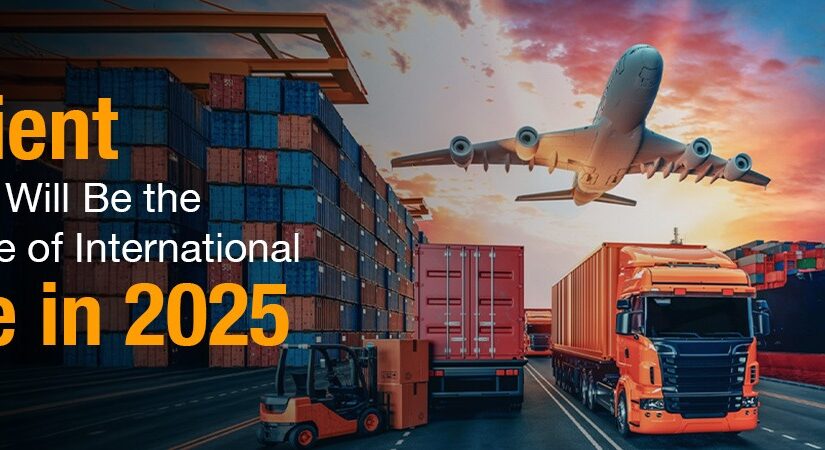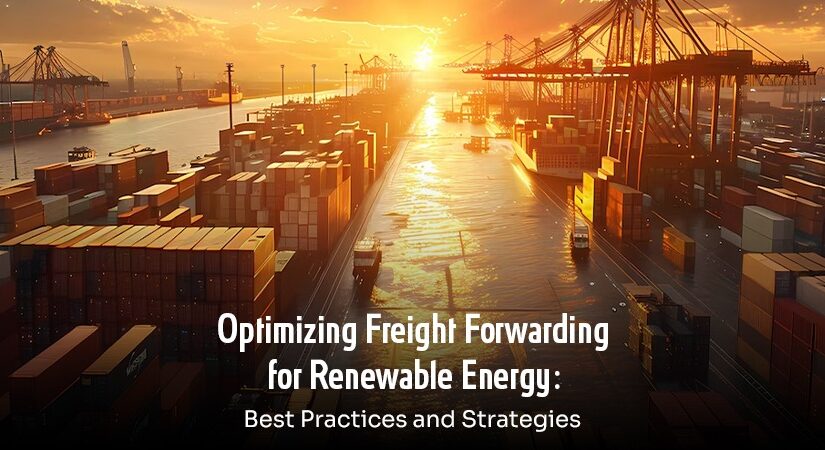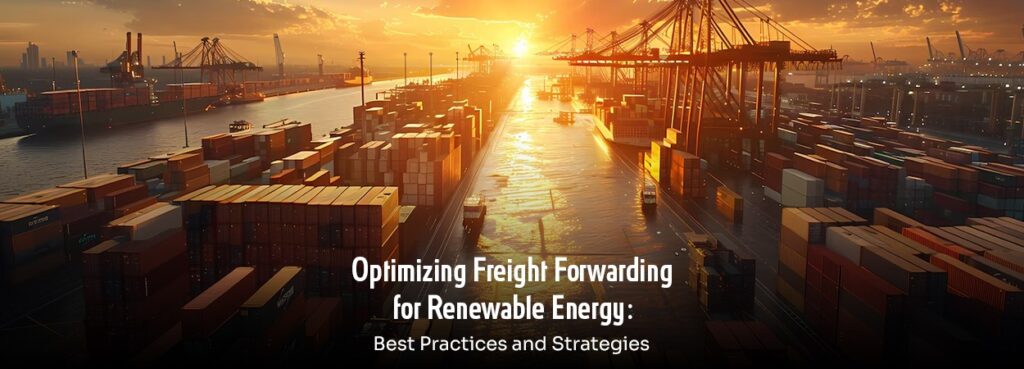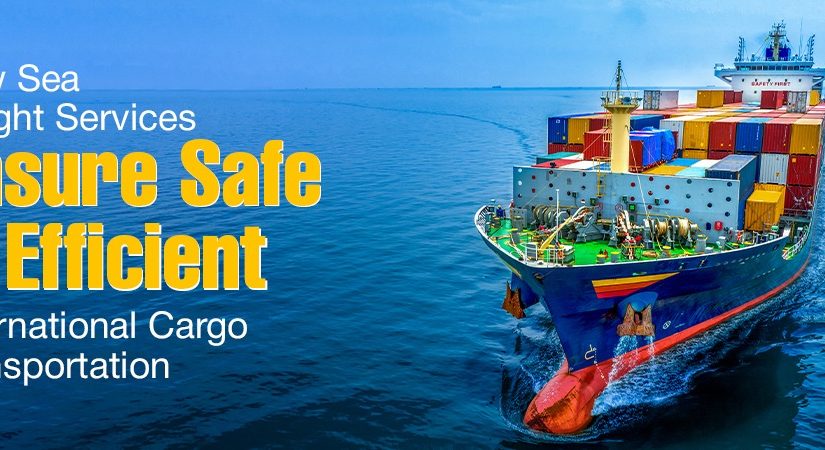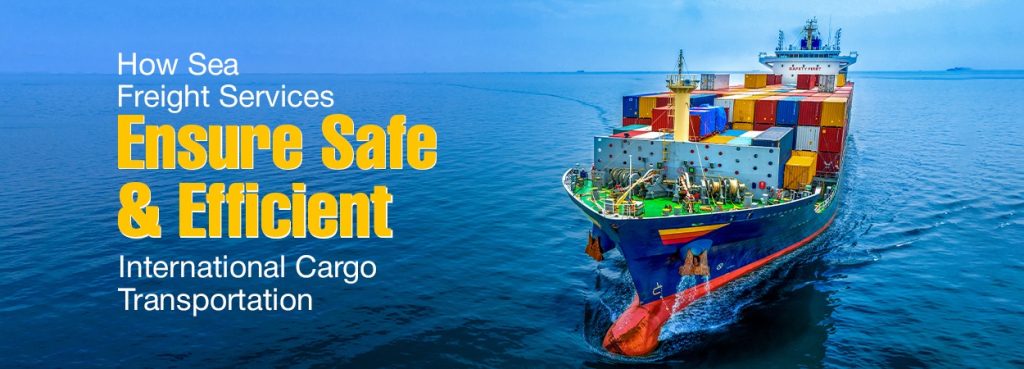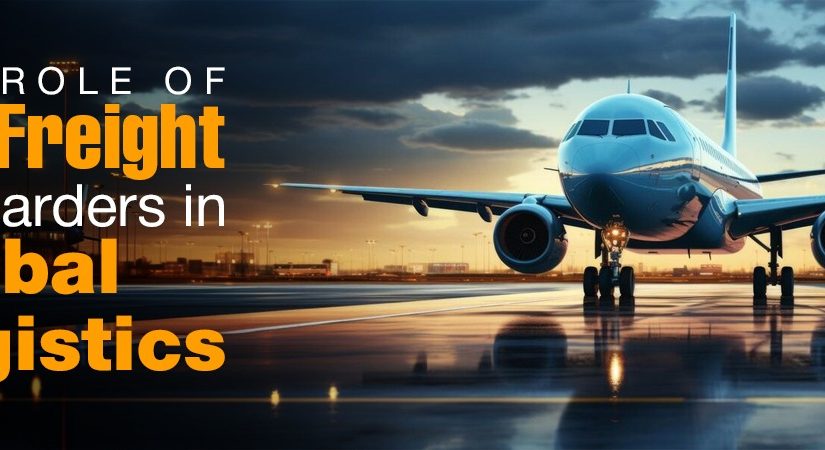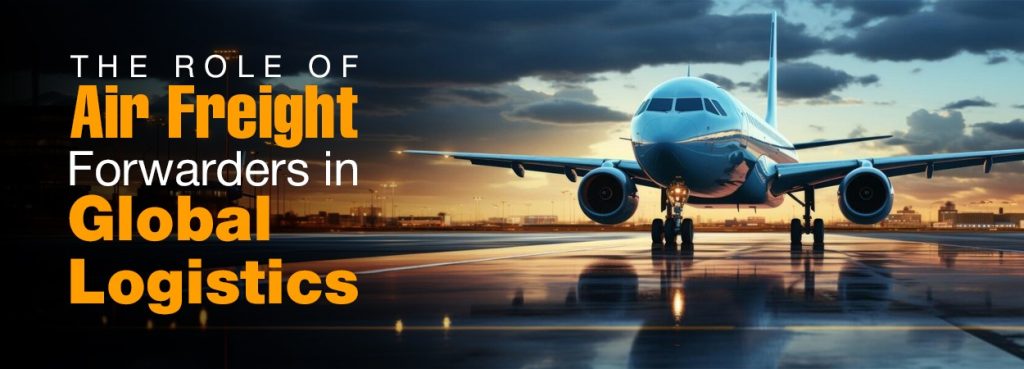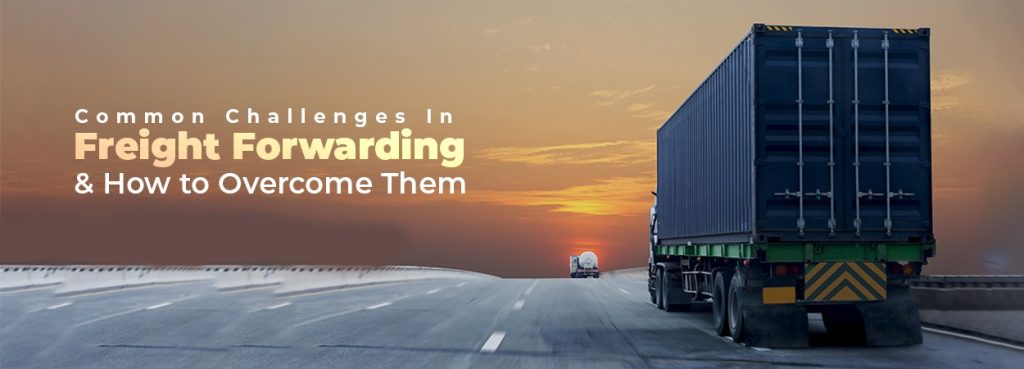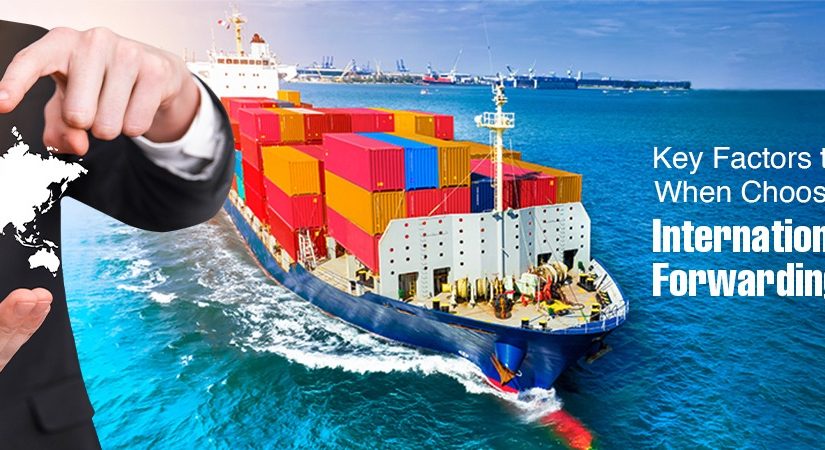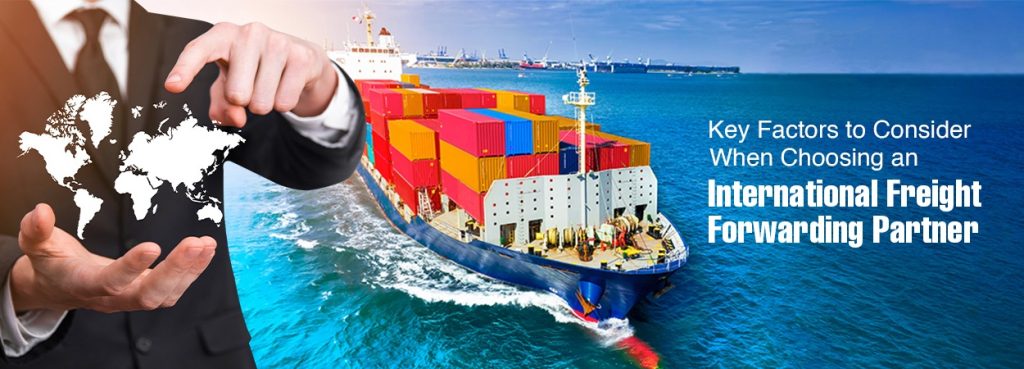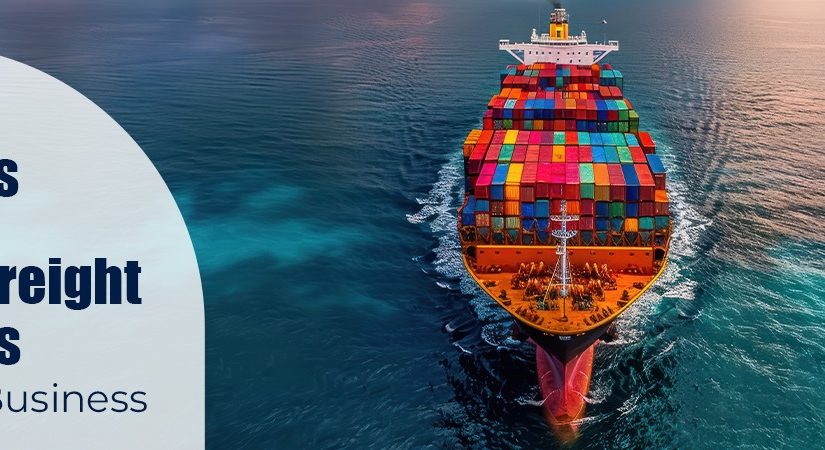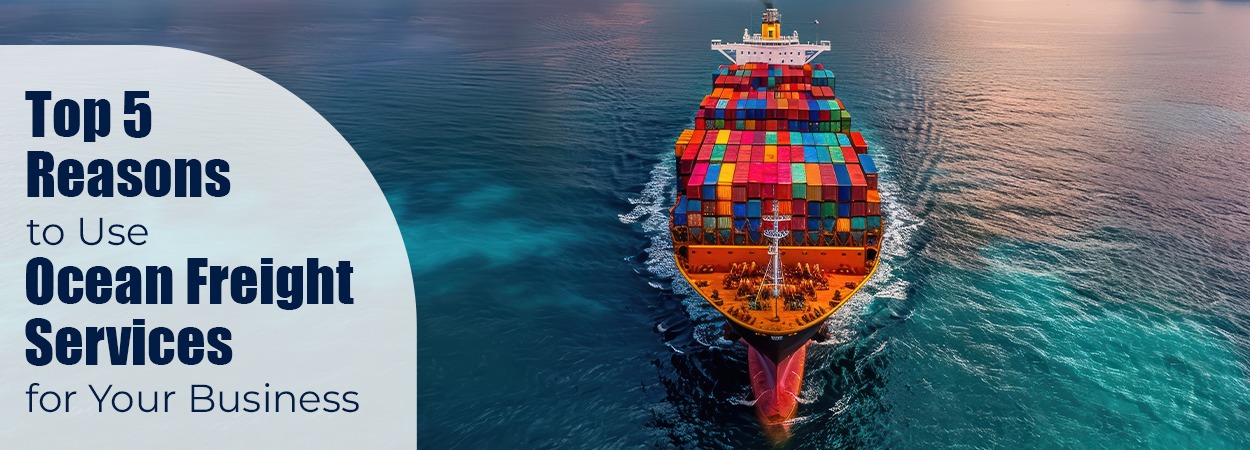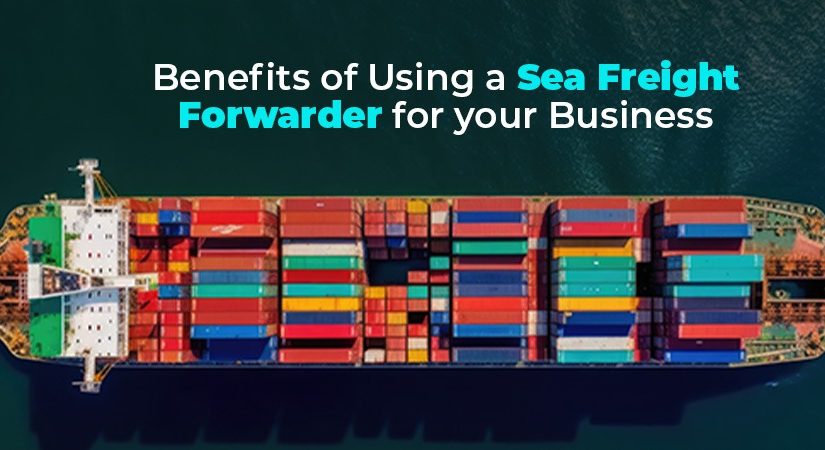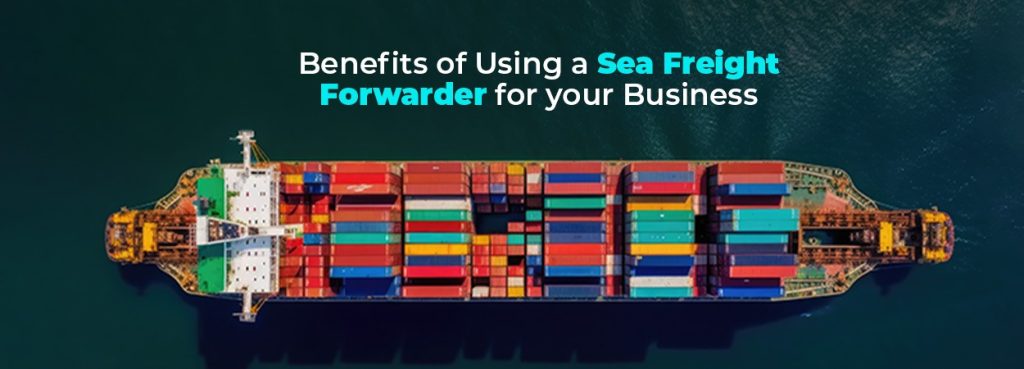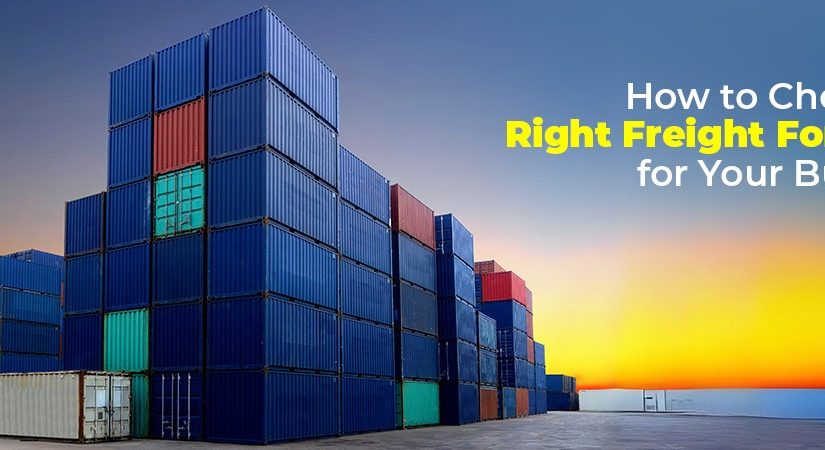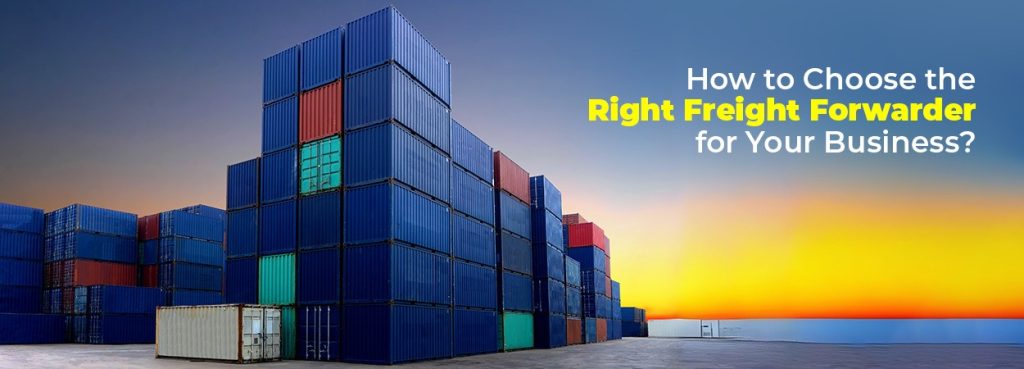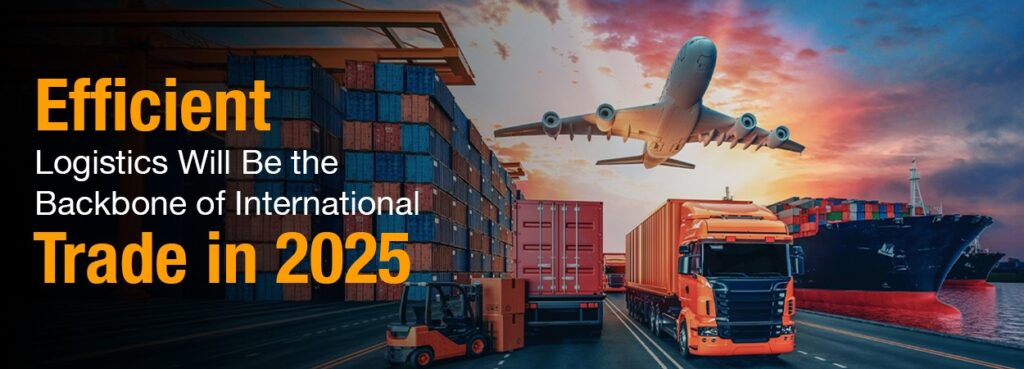
International trade is the lifeline of the global economy, connecting producers, suppliers, and consumers across continents. But behind the scenes, the true engine that keeps everything moving is logistics. In 2025, as the world becomes even more interconnected, efficient logistics will be more than just a supporting player, it will be the backbone of how international trade works.
Let’s take a closer look at why the spotlight is now firmly on logistics, especially in the world of sea freight logistics and international sea freight shipping, and why businesses must pay attention.
Moving Goods Smoothly: Why Logistics Is Essential
Picture a world where goods from Asia do not get to factories in Europe, and goods from India are not sold in American stores. If logistics are unreliable, the best products won’t get to the customers, and trade will slow down.
That’s why international freight forwarders are so important. They help manufacturers get their goods to market by ensuring they are delivered smoothly across borders, oceans, and the supply chain. The correct systems allow businesses to deliver on time, manage expenses, and satisfy their customers.
The Goal of Faster, Cheaper, and More Reliable Delivery
In 2025, the needs placed on the global logistics system are greater than at any other time. Why?
- Speed
As e-commerce grows and people’s habits change, companies must provide fast delivery, even to countries far from their base. If your products are delivered slowly, you might lose sales or make your customers unhappy.
- Cost Efficiency
Getting goods from one country to another often makes up a large part of international trade expenses. Using smart routes, better packing, and shipping in bulk by sea helps control the cost of your goods.
- How Reliable and Predictable a Company Is
Precise schedules help businesses keep their inventory in check and meet all deadlines. A delay at a port or customs point can cause problems for the entire supply chain.
When everything is done right, companies earn the trust of their partners and customers.
Sea Freight Is the Largest Force in World Trade
Air freight is usually considered the fast and exciting way to ship things, but it is international sea freight shipping that carries most of the world’s goods. Most of the electronics, clothes, machines, and food products we use each day have probably been delivered by sea.
Using sea freight is the least expensive choice for shipping large items over long distances. Still, for shipping to thrive in 2025, it needs to change. This includes:
- Trying to reduce carbon emissions by switching to larger, more fuel-efficient vessels.
- Using technology to keep an eye on and control shipments.
- Making port operations more efficient to lower waiting times.
A freight forwarder aware of these developments can guide companies through the intricacies of shipping at sea.
How Technology Helps Logistics Become More Efficient
New technology is changing the way logistics is done. Earlier, people had to use the phone and paper to monitor their shipments. Today, thanks to real-time tracking, automated warehouses, and data analysis, businesses can foresee challenges ahead of time. In 2025, a few important innovations are expected to change the logistics sector:
- AI is used to plan routes that avoid crowded ports and help reduce fuel use.
- Blockchain is used to keep transactions both safe and clear to all involved.
- Automatic systems are used for faster work during loading and unloading.
Such changes both make work easier and help lessen the environmental impact that global companies are concerned about.
How Important Efficiency Is for India’s Role in the World
In India, improving logistics is more than playing catch-up; it’s about becoming a leading player in global trade. When sea freight logistics improve, Indian exporters can match the performance of their overseas competitors.
Indian companies can depend on an international freight forwarder to organise the delivery of their goods, whether those goods are textiles to Europe, pharmaceuticals to Africa, or machinery to the Americas.
Looking Ahead: A Future Built on Strong Logistics
As we step into 2025, one thing is clear: logistics is no longer just the background support of international trade – it is central to its success. Without efficient logistics, even the best products and markets cannot thrive.
For businesses, working closely with reliable partners, using cutting-edge technologies, and focusing on smart, sustainable practices will define who leads the next phase of global trade.
Efficient international sea freight shipping will be a game-changer, ensuring goods flow smoothly across borders and oceans, keeping shelves stocked, factories running, and customers satisfied. In this fast-moving world, it is logistics that will hold everything together.

